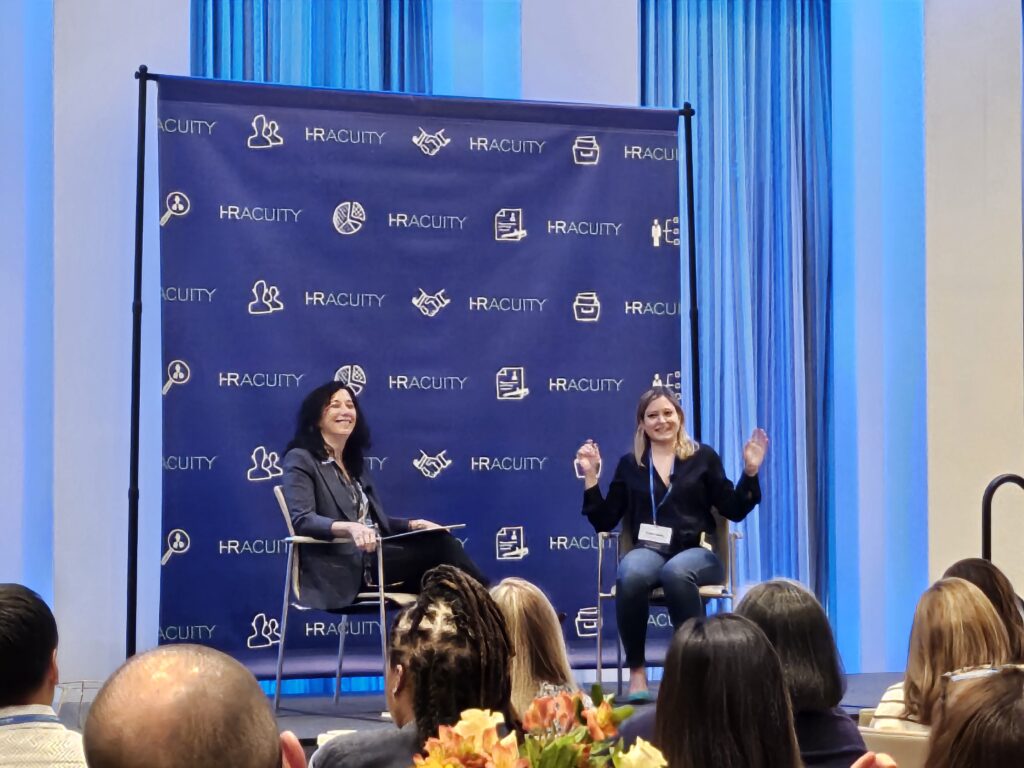Gig workers made headlines recently with California passing new state laws that require companies to turn most contractors into employees. While politicians aimed this law at companies such as Uber and Lyft, it highlights how dependent we’ve become on gig workers. Whether we call them freelancers, consultants or independent contractors, they are everywhere. Some of you reading this are part of the army of independents in the HR war of contractors vs employees.
We can let the politicians and lawyers battle out the fine details, but employee relations specialists have to deal today with the difference between employees and contractors. We can’t wait for a court case. You probably come into contact with gig workers every day, and your company may have several on-site.
How can employee relations help (or should they ignore) people who aren’t employees? (From now on, I’m only going to use the term contractor to refer to the whole group of freelancers, consultants and temps, and any other gig workers.)
Do Make the Difference Between Employees and Contractors.
Employees get invited to the company holiday party, come to all-hands meetings, and get an award thanking them for their service every year.
Contractors don’t come to company parties or all-hands meetings, and there are no celebrations for five years of service.
(Full disclosure: I’m not an HR Acuity employee — I’m a gig worker, and while I love HR Acuity, I like being independent. Don’t worry: they’ve never invited me to their holiday party.)
Employees get performance appraisals, put on performance improvement plans, and are generally assumed to be ongoing employees. Unless there are layoffs or the employee fails in some way, the person can continue as an employee indefinitely.
Contractors get feedback, but not formal performance appraisals, should be dismissed with poor performance and often have fixed length contracts.
This can seem cruel, but it’s not. There are strict laws about employees and how you pay them and who is and who is not an employee. If you start treating your contractors like employees, they can claim they are employees.
This doesn’t mean you can’t have a party and invite the contractors, but it’s not a company party then. It’s a party for contractors and employees. It seems silly, but you don’t want to land in court with a long-term contractor claiming he’s an employee because you gave him a performance appraisal and invited him to weekly staff meetings.
Do Look Out for Independent Contractors.
If a contractor complains of illegal discrimination or harassment, you need to deal with it directly. Sure, they aren’t employees, but you don’t want a workplace that fosters bad and illegal behavior. Make some independent contractor rules and regulations.
If an independent contractor complains about sexual harassment, for instance, investigate as you would an employee. No, the contractor doesn’t have an implied right to continued employment (absent a contract), but you don’t want bad behavior to continue. And if the alleged perpetrator is your employee, it’s in your best interest to find out the truth as soon as possible.
If the contractor isn’t independent — if you contract with a temp firm or a consulting firm — then work with that company’s HR to investigate the incident. He or she is their employee and their responsibility, but it’s your place of business. Don’t let it go.
Don’t Offer Benefits to Contractors.
Contractors aren’t eligible for healthcare from your company, but they also aren’t eligible for things like FMLA protection. That doesn’t mean you can’t take them back after they return, but don’t call their leave ‘FMLA.’ Don’t use that as a proxy for any medical or bonding leave.
If they work for a different company, they may be eligible for FMLA and other protections under that company’s rules. That means the consulting firm/temp agency is obligated to guarantee them a job when they return; you are not.
Do Set Up Appropriate Boundaries Between Contractors and Employees.
Always, always, always be kind and fair, but treat your contractors differently than your employees. Neglecting to do so may land you a lawsuit and result with a court declaring you owe back pay.
Your instincts, as an employee relations specialist, are to look out for the needs of an employee, but it’s important to keep boundaries between employees and contractors. And there are advantages for both companies and gig workers to keep that situation afloat. Not everyone wants to be an employee.
When in doubt, of course, consult your employment attorney. But, keep those boundaries, and you’ll lessen your risks.
How effective is your employee relations process in navigating its modern workforce? Sign up for a demo to learn how we can help!



